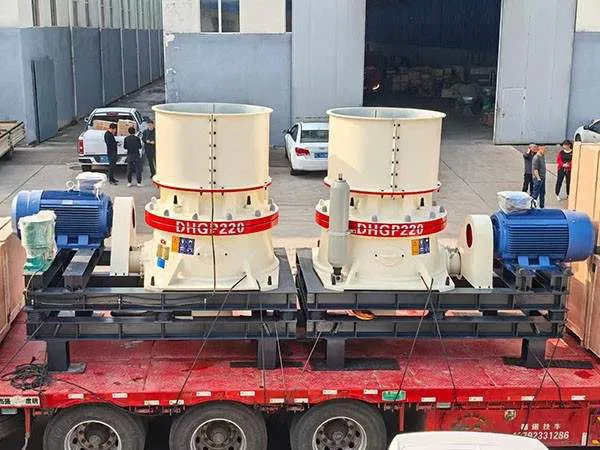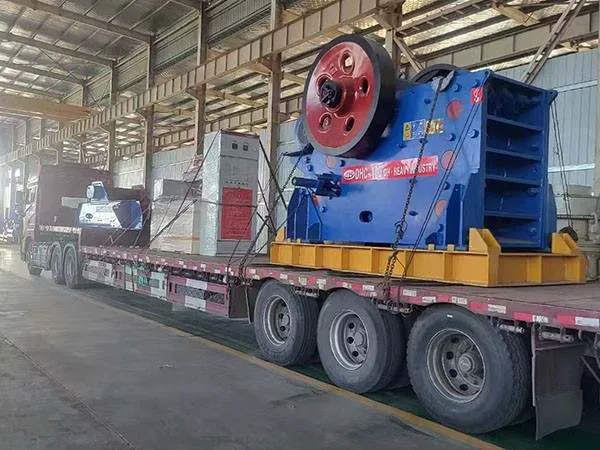In the mining, construction, and aggregate industries, choosing the right crushing equipment is crucial for maximizing efficiency and reducing operational costs. Among the most popular options, jaw crushers and impact crushers serve different purposes and excel under different conditions. Understanding their key differences helps businesses make informed decisions for optimal material processing.

Jaw Crushers work on a simple compression principle. A fixed jaw and a movable jaw crush the material by applying mechanical pressure. This makes them perfect for primary crushing, especially for large, dense, or hard rocks like granite and basalt.
Impact Crushers, however, use high-speed rotating hammers or blow bars to strike materials, causing them to shatter along natural lines of weakness. The material then rebounds against impact plates for further reduction. This mechanism is ideal for softer materials or applications requiring uniform, cubical aggregates.
Jaw Crusher: Best for hard, dense, and abrasive materials. Handles large lumps efficiently and is less sensitive to moisture.
Impact Crusher: Efficient for medium-hard materials such as limestone, coal, or construction debris. Not recommended for extremely hard or abrasive rocks due to higher wear rates.
Jaw crushers tend to produce coarser, elongated particles, while impact crushers generate finer, more uniform, cubical-shaped aggregates. For industries like concrete or asphalt production, where consistent particle shape is critical, impact crushers are often preferred.
Jaw crushers have a simpler mechanical design, leading to lower maintenance needs and reduced downtime. Impact crushers feature more wear parts—like hammers and blow bars—which require frequent replacement but can deliver higher output in specific applications. Choosing between them often comes down to balancing maintenance costs with production efficiency.
Impact crushers generally consume more energy, especially when processing harder materials. Jaw crushers, though slower in throughput, are more energy-efficient for primary crushing of dense ores. Evaluating the trade-off between speed, energy consumption, and operational costs is essential for large-scale projects.

Selecting the ideal crusher depends on several key factors:
Material hardness and abrasiveness
Desired product size and shape
Production capacity and throughput requirements
Maintenance capabilities and operational budget
By carefully considering these aspects, businesses can optimize crushing operations, increase efficiency, and minimize downtime, ensuring the best return on investment.
Complete Guide to Sand Washing Machines: Working Principle and Industrial Sand Cleaning
2026-01-28 00:58How to Adjust Water Flow in a Sand Washing Machine: A Comprehensive Practical Guide
2026-01-23 01:29Sand Washing Machine Installation Guide: Step-by-Step Instructions for Optimal Performance
2026-01-15 06:46How Much Does a Sand Washing Machine Cost? A Practical Buyer’s Guide for 2026
2026-01-09 04:37Address: Luoyang Luoxin Industrial Park, Henan,China
E-mail: sales@yd-crusher.com
Phone: 86-139-3993-0123

Yude
Mechanical
Create the greatest value for customers
Provide the best quality products and services
86-139-3993-0123
sales@yd-crusher.com
Luoyang Luoxin Industrial Park, Henan,China